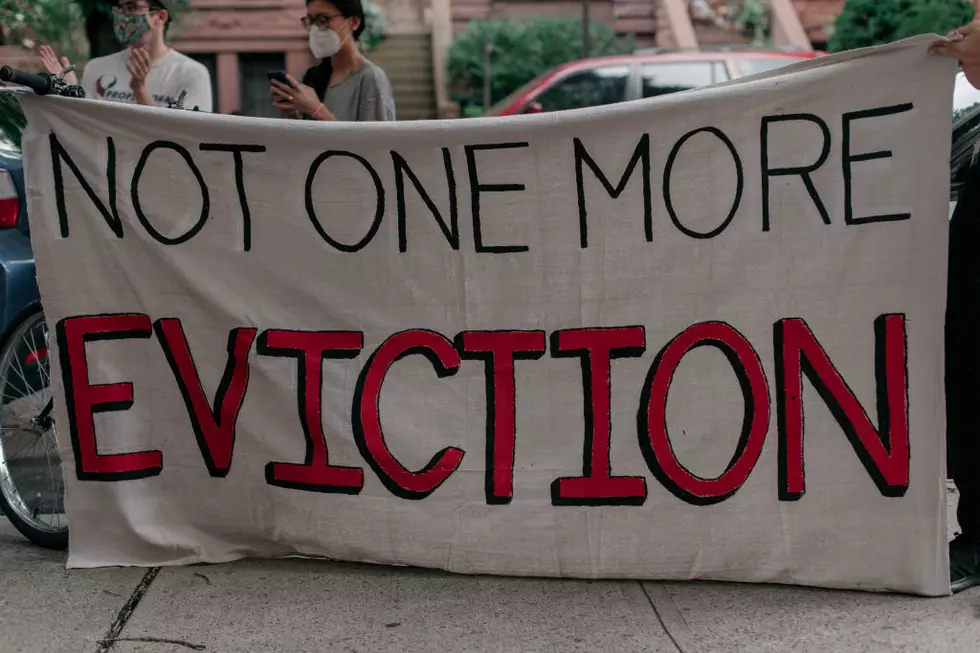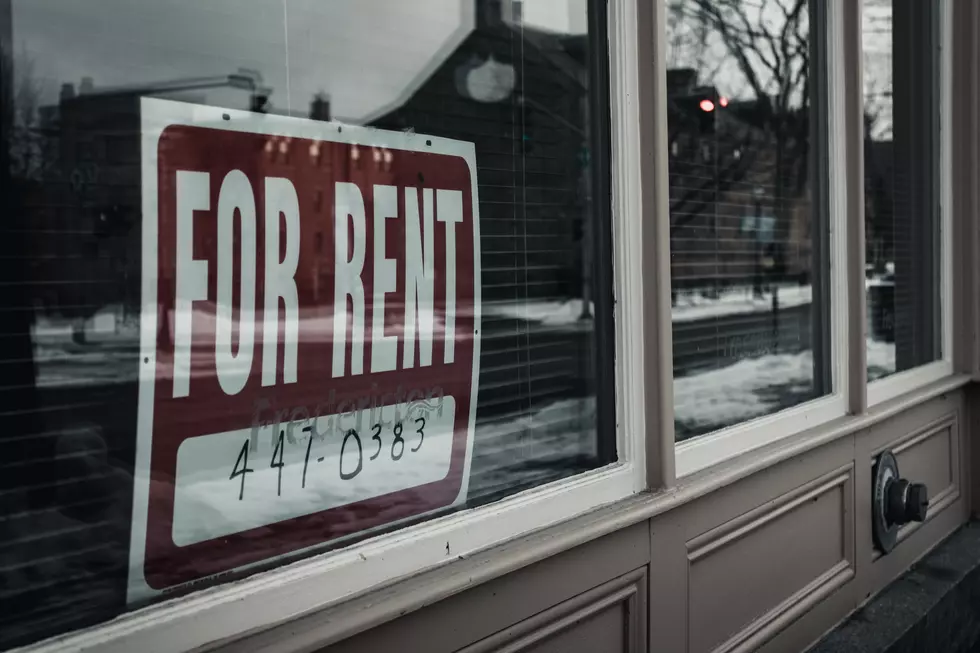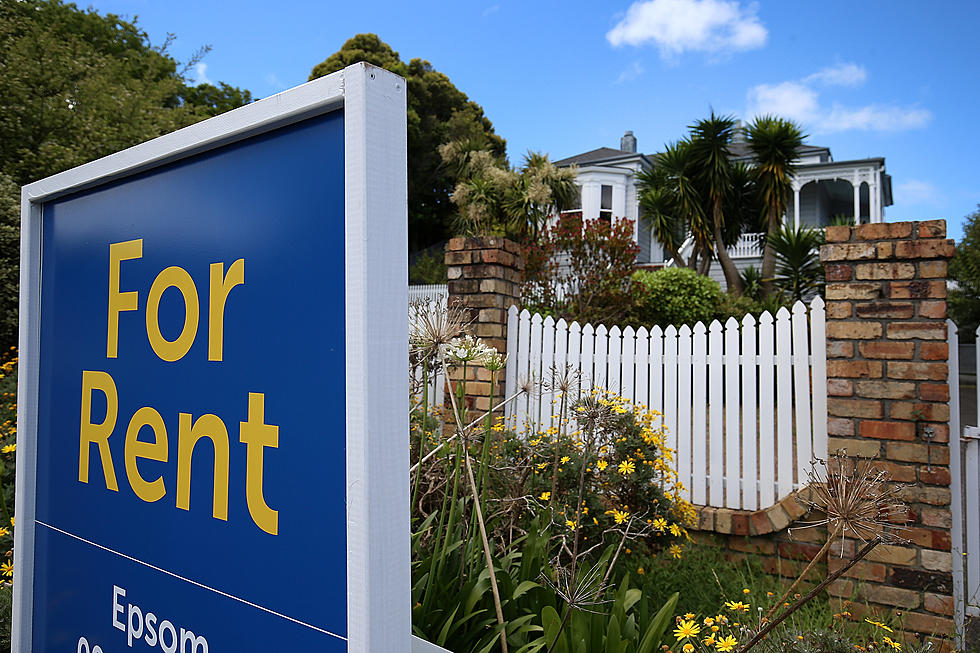
New York State Eviction Ban Extended
New York State has extended a ban on rental evictions and residential foreclosures into next spring in an effort to help prevent a homeless crisis that was ultimately caused by COVID-19.

The New York State Legislature held an emergency session to debate, and pass, the COVID-19 Emergency Eviction and Foreclosure Prevention Act (Senate Bill S9114 / Assembly Bill A11181) which aims to help prevent tenants and homeowners who have been negatively impacted by COVID-19 from losing their housing due from being evicted, or foreclosed on by their bank. The eviction and foreclosure moratorium is extended until May 1st.
The new law also extends certain homeowner tax exemptions like the Senior Citizens' and Disabled Homeowner exemptions.
From the beginning of the COVID-19 pandemic we have understood that housing security must be an essential part of our effort to protect the health and wellbeing of all New Yorkers. By enacting this comprehensive residential eviction and foreclosure moratorium, we are delivering real protection for countless renters and homeowners who would otherwise be at risk of losing their homes, adding to the unprecedented hardship that so many are facing.
-New York State Senator Brian Kavanagh
The new law will create a new Hardship Declaration Form that tenants and homeowners will be able to complete and submit to freeze a pending eviction or foreclosure sale. According to the text of the law, the form will allow:
- Tenants to declare financial hardship if they have lost income; have increased health, child care, or other family care expenses; have been unable to obtain meaningful employment because of circumstances relating to COVID-19, or cannot afford moving expenses.
- Once a tenant has signed this form, they may return it to their landlord or to a court to prevent a landlord from filing an eviction, or to suspend an eviction proceeding already underway until May 1, 2021, in addition to other protections.
- Property owners will declare, under penalty of perjury, a financial hardship that prevents them from paying their mortgage or property taxes because of lost income, including a reduction in rent collections; increased expenses; or the inability to obtain meaningful employment.
- Landlords with more than ten total units are excluded from these protections.
The law also does the following:
- Prohibit Negative Credit Reporting and Discrimination in Extending Credit
- Automatically Renew Senior Citizens’ Homeowner and Disabled Homeowner Exemptions
While debating these new rules, the Senate and Assembly declared that they will continue to look over this issue and make any additional changes that are needed before May when these protections expire.
9 Resources of WNYers Financially Impacted by COVID-19
More From 92.9 WBUF









